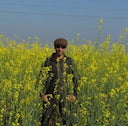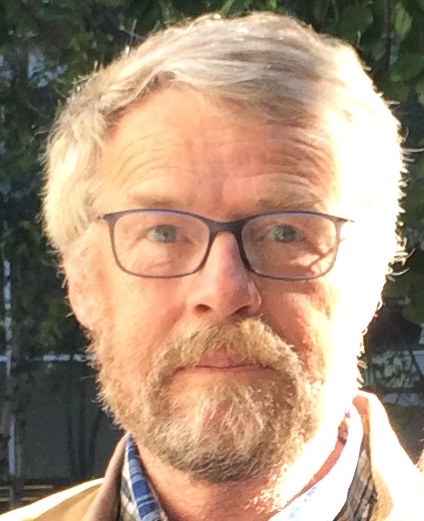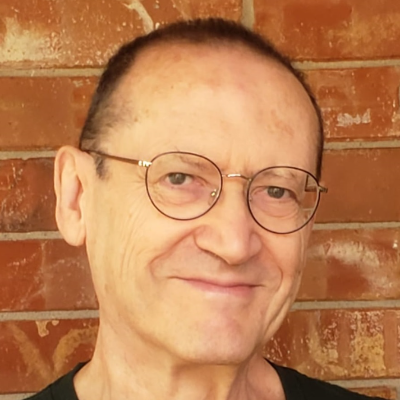Control Theory
Homework Help & Tutoring
We offer an array of different online Control Theory tutors, all of whom are advanced in their fields and highly qualified to instruct you.
Control Theory
Control Theory
Control theory is a field of applied mathematics that did not become its own field until the late 1950s and early 1960s due to problems within economics and engineering. These problems were considered to be deviant from issues in differential equations and the calculus of variations. Originally, modifications of classical techniques such as calculus of variations and differential equations were used to solve problems, but eventually it was realized that these issues all had the same mathematical structure.
Control theory as a science corresponds to the control and regulation of machines, muscular coordination, metabolic processes within biological organisms, and design of prostheses. It also relates to broader aspects of coordinated activity within society such as optimization of business operations, control of economic activity by government policies, and regulation of political decisions by democratic processes. Control theory can be seen as the science of modifying its environment in the physical, biological, and social sense.
Control theory studies the behavior of dynamical systems that take inputs. Reference is the term used when referring to external inputs given to a system. A control is used to manipulate the inputs given to a system when one or more output variables are needed to follow a particular reference to obtain the effect on the system’s output.
The four functions of control theory include measure, compare, compute, and correct, which are completed by these five main elements - detector, transducer, transmitter, controller, and final control element. The detector, transducer, and transmitter are part of one unit as they comprise the measuring function. The controller completes the compare and compute functions which are used electronically by proportional control, PID controller, PI controller, or programmable logic controller. The final control function completes the correct function which is responsible for changing an input and output in a control system that affects the controlled variable.
Some examples of modern control systems include machines that cannot work without feedback control, control of machines, control of large systems, biocontrol, and robots. Many devices must be made in such a way that their behavior can be modified by way of an external control. For example, transistor amplifiers produce intolerable distortion in sound systems when used by themselves, but when modified by a feedback control can achieve a desired degree of fidelity (the degree to which an electronic device accurately reproduces its effect). Jet aircraft cannot be operated without automatic control to aid the pilot.
Using machines to perform tasks can be directed manually but may be more convenient to the user when machines are directly connected to the measuring instrument, such as when a thermostat is used to turn on or off a refrigerator, oven, air conditioning unit, or heating system. Dimming headlights for cars, settings for the diaphragm of a camera, and finding the correct exposure for color prints can be automatically completed by connecting a photocell to the machine.
Places such as power plants, oil refineries, and chemical factories can be controlled and monitored manually but it is considered more feasible to use automatic controls to make systems work more efficiently. Biocontrol such as controlling artificial hearts or kidneys, nerve controlled prosthetic devices, and controlling brain functions by combining artificial biology and natural technology is still a work in progress because of the lack of knowledge about control principles being employed in the natural world. Pattern recognition and insight into thought processes has also slowed the development of robots that engage in purposeful behavior without direct input from humans. Industrial manufacturing robots exist but there need to be more breakthroughs and scientific advances to solve problems with pattern recognition and thought processes.
Sources
- https://www.britannica.com/science/control-theory-mathematics; accessed July 26 and 27
- http://www.mathcaptain.com/applied-mathematics/control-theory.html; accessed July 26 and 27
To fulfill our tutoring mission of online education, our college homework help and online tutoring centers are standing by 24/7, ready to assist college students who need homework help with all aspects of control theory. Our mathematics tutors can help with all your projects, large or small, and we challenge you to find better online control theory tutoring anywhere.
College Control Theory Homework Help
Since we have tutors in all Control Theory related topics, we can provide a range of different services. Our online Control Theory tutors will:
- Provide specific insight for homework assignments.
- Review broad conceptual ideas and chapters.
- Simplify complex topics into digestible pieces of information.
- Answer any Control Theory related questions.
- Tailor instruction to fit your style of learning.
With these capabilities, our college Control Theory tutors will give you the tools you need to gain a comprehensive knowledge of Control Theory you can use in future courses.
24HourAnswers Online Control Theory Tutors
Our tutors are just as dedicated to your success in class as you are, so they are available around the clock to assist you with questions, homework, exam preparation and any Control Theory related assignments you need extra help completing.
In addition to gaining access to highly qualified tutors, you'll also strengthen your confidence level in the classroom when you work with us. This newfound confidence will allow you to apply your Control Theory knowledge in future courses and keep your education progressing smoothly.
Because our college Control Theory tutors are fully remote, seeking their help is easy. Rather than spend valuable time trying to find a local Control Theory tutor you can trust, just call on our tutors whenever you need them without any conflicting schedules getting in the way.






